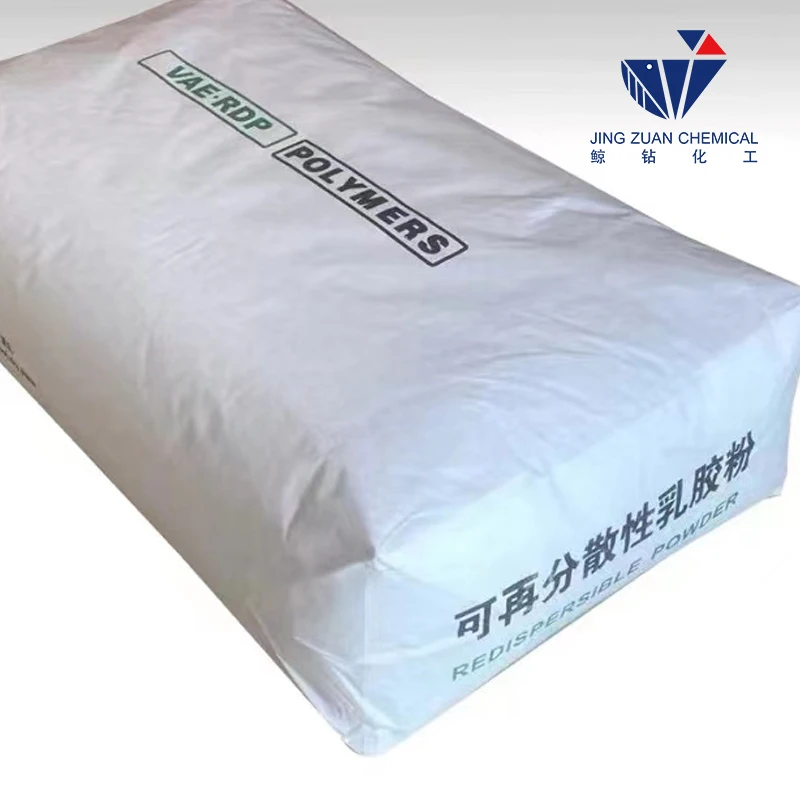
សីហា . 28, 2024 21:28 Back to list
is hpmc safe
Is HPMC Safe? A Comprehensive Overview
Hydroxypropyl methylcellulose (HPMC) is a semi-synthetic polymer derived from cellulose, extensively used in various industries, particularly in pharmaceuticals, food, and cosmetics. Its versatility and beneficial properties have made it a popular choice in many formulations. However, as with any substance used in consumer products, questions about its safety often arise.
Is HPMC Safe? A Comprehensive Overview
When considering the safety of HPMC, it is essential to examine its regulatory status. HPMC is generally recognized as safe (GRAS) by the U.S. Food and Drug Administration (FDA) and is approved for use in food products. The FDA has reviewed data pertaining to HPMC’s safety and concluded that its use in food and pharmaceutical applications poses minimal health risks. The European Food Safety Authority (EFSA) also supports this assessment, allowing specific levels of HPMC in food products within the EU.
is hpmc safe

Toxicological studies on HPMC show that it exhibits a low level of toxicity. Acute and chronic studies in laboratory animals have indicated that HPMC does not cause significant adverse effects when ingested at levels normally encountered in food and pharmaceutical preparations. Furthermore, HPMC is not considered to be a carcinogen, and there is no evidence linking it to reproductive or developmental toxicity.
Despite these positive assessments, it is crucial for consumers to consider individual sensitivities and potential allergic reactions. Some individuals may experience gastrointestinal discomfort or irritation after swallowing large amounts of HPMC, especially in powder form. Therefore, it is advisable to consume products containing HPMC as directed and consult healthcare professionals if any unusual symptoms arise.
Another aspect of HPMC safety pertains to its environmental impact. Since HPMC is derived from cellulose, a natural polymer, it is biodegradable under the right conditions. This characteristic makes it a more sustainable option compared to synthetic polymers that do not break down easily, contributing to environmental pollution.
In conclusion, HPMC is considered safe for use in foods, pharmaceuticals, and personal care products, supported by regulatory approvals and scientific research. Its low toxicity and broad applications make it a valuable ingredient across various industries. Nonetheless, individuals should remain aware of their body’s responses and consult healthcare providers regarding any concerns, particularly when using products in large quantities or for prolonged periods. Overall, HPMC stands as a testament to the balance between beneficial applications and safety in consumer products.
-
Unlocking the Benefits of HPMC Products: A Gateway to Versatile Applications
NewsAug.07,2025
-
Unleashing the Potential of HPMC Ashland: A Comprehensive Look
NewsAug.07,2025
-
Tile Bonding Cellulose: The Key to Superior Adhesion and Durability
NewsAug.07,2025
-
Hydroxypropyl Methylcellulose Powder: The Versatile Component in Modern Pharmaceuticals
NewsAug.07,2025
-
Hydroxyethyl Cellulose: The Versatile Solution for Various Industries
NewsAug.07,2025
-
Hydroxyethyl Cellulose (HEC): The Versatile Polymer for Various Applications
NewsAug.07,2025







